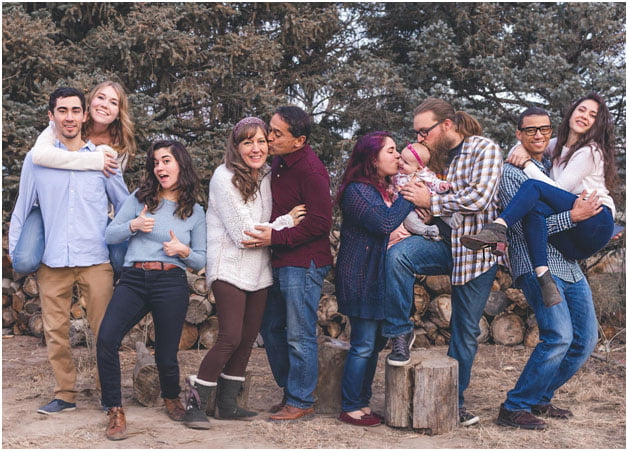Family drama plagues just about everyone, whether it’s the latest gossip regarding Jennifer’s affair or the lingering bad blood between your cousin and your dad. Drama is something no one wants to deal with, and it can quickly turn even the most quaint and peaceful family gatherings into a nightmarish occasion. So, how do you avoid the drama during Thanksgiving or the expected outbursts on Super Bowl Sunday? Follow these four tips, and you’ll be able to navigate your next family gathering with ease. Of course, you could always not go as an alternative!
1. Don’t Participate in Gossip
Gossip is toxic in its very nature; it creates situations where false or semi-false information can spread like wildfire, and the next thing you know, Mom’s fight with dad over the lawnmower was actually a celestial event where the heavens above buckled beneath her wrath. The fact is, when you tell someone some juicy gossip, it changes by the time it gets to the tenth person. Now you’ve got ten people who got ten different stories, and the truth (as well as care for the person you’re talking about’s feelings) disappears under the rubble.
Everyone has a gossiper in their family. There’s always that one person or group that goes around the holiday gathering talking about everyone else, and it only creates problems. The best way to avoid this? Don’t gossip. It’s that simple. If you say nothing and choose not to listen to gossip, you’re washing your hands of false rumors, half-truths, and wild too-crazy-to-be-true stories. The last thing you want is to make a close family member feel betrayed by talking about them behind their back.
When you choose not to participate, you’re setting a boundary that should be followed. If it isn’t, you’ll know who in your family has no respect for your boundaries or your personal space. This can be pretty important information when it comes to making decisions about who to interact with.
2. Walk Away
It’s Christmas Eve. Mom burnt the turkey, dad’s in a rage, and everyone’s on edge; the fight is coming, you can feel it. Everyone will have to witness yet another holiday where mom and dad are having at each other, throwing around all manner of insults and obscenities over the spread of delicious food you just want to enjoy in peace. Ok, so maybe that’s a bit of an exaggeration, but that doesn’t mean it’s never happened before! The holidays are an especially stressful time of year, and everyone seems to be on edge; ready to blow at the slightest insult or misinterpretation. When tempers boil over into full-blown arguments or shouting contests, the best thing to do is just walk away.
Most of the time, you’re not going to stop a heated argument by getting involved. The parties are normally deadset on their side of things, hence the ensuing verbal exchange that everyone at the table is forced to endure. When this happens, walking away from the table or even the event altogether makes a powerful statement: I’m not going to be involved in this anymore.
3. Know the Triggers and Plan For Them
Whether it’s your disrespectful uncle that doesn’t like your wife because she’s from another state, or your parents constantly badgering you about quitting your job to join the family business, family gatherings can be full of triggers; actions or words that trigger an emotional response and cause drama or arguments. If you’re deadset on attending a family gathering where you know there will be triggers, it’s important to know what they are and plan accordingly.
Favoritism shown to a relative is one that is all too common. Maybe your big brother gets better grades, or your cousin got his doctorate degree while you’re happy working in retail. Whatever the case may be, your reaction to these emotional triggers is half the battle when it comes to managing the drama. Expect the triggers and plan out how you’ll handle them. You can walk away, deflect, redirect, or flat out say something like “what you’re saying is hurtful to me, please stop.”
4. Stand up for Yourself
While sometimes standing up for yourself can actually cause more drama, if you’ve got a relative that’s constantly badgering you, picking fights, or belittling you, standing up for yourself might just be the best thing to do in order to eliminate the drama. A bully needs to be shown that you won’t take their bullying any longer, and with a relative, we tend to offer far too much wiggle room because they’re family. Here’s the bottom line: a bully is a bully, whether they’re a blood relative or not. Don’t be afraid to put someone in their place and stand up for what you believe in or for your personal character.







